by Don Hall in Resilience.org…CATL supports them all by organizing events, creating educational resources, facilitating collaboration and resource sharing, and helping to raise millions of Euros for startups and expansions. It has also established a partnership with the City of Liège to lease public lands to local growers, helped form a district-wide food policy council, and regularly consults with schools about sourcing locally. According to CATL, which maps local producers on their website, all of this has led to a doubling of market gardeners in their area over the past decade, with much more still to come.
The R word
by Alex Evans in The Good Apocalypse Guide…My idea of apocalypse resilience used to be pretty similar. Survival = self preservation (emphasis on self there) = stockpiling + steel doors x semiautomatic weapons.
Bunkerised society – why prepping for end times is so American
by Robert Kirsch in Psyche…
Millions are preparing for doomsday, not together, but by closing the hatch. It’s a logical response to a hollowed-out state
A brittle network
by Steve Lohr in The New York Times…The biggest and most valuable companies also carry the most risk to the economy as a whole. They are linked to more users, so if something happens to them, all the people who depend on them suffer. Think of Microsoft, Amazon and Alphabet, which is Google’s corporate parent. They are dominant hubs in fields like cloud computing and software, online advertising and e-commerce. If they go down, they can disrupt your daily routines, or your company’s.
Risks on the horizon: Insights for a resilient future
by the Joint Research Centre of European Commission in the EU Policy Lab…In a world where the only constant is change, policymakers are faced with an accelerating pace of global shifts, uncertainty and unforeseen events that make long-term planning impossible.
Global catastrophic risk assessment
by Henry H. Willis, et al, in RAND….The risk management practices needed to address the sorts of risks covered in this report improve understanding of the risks, prevent the occurrence of the hazard or threat, or reduce the consequences of the event if it occurs.
More in this category
The benefits of collapse acceptance – part 1
For years I felt quite timid about my concerns, and then my conclusions, on the dire future of modern societies under increasing environmental stress. When my Deep Adaptation paper went viral, I didn’t ride the wave onto TV screens and into bookstores. The topic was...
New superbug-killing antibiotic discovered using AI
by James Gallagher in BBC….. It is the latest example of how the tools of artificial intelligence can be a revolutionary force in science and medicine.
Crazy Town: Episode 74. Prepping for the apocalypse: Elites’ foolish fantasies for surviving a collapse of their own creation
By Asher Miller of Resilience.org…Crazy Town Podcast….Meet Barrett Moore, the bunker-building bullshit artist who helps capitalists survive the apocalypse with beans, bullets, and bravado.
#20 – Global polycrisis with Thomas Homer-Dixon
A discussion with a researcher who studies the way global crises intersect.
Alexander Skarsgård explains the answer to everything. (It involves doing some math.)
Partha Dasgupta is a Cambridge University economist who in 2021 prepared a more than 600-page report for the British government about the financial value of nature.
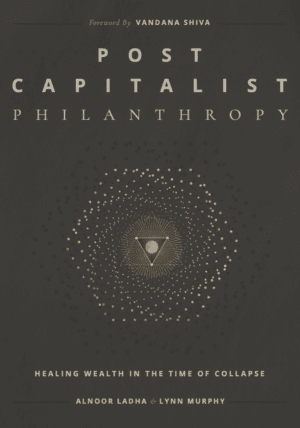
Post Capitalist Philanthropy: Healing wealth in the time of collapse
Post Capitalist Philanthropy takes us on a journey from the history of wealth accumulation to the current logic of late-stage capitalism to the lived possibilities for other ways of knowing, sensing and being that can usher in life-centric models.
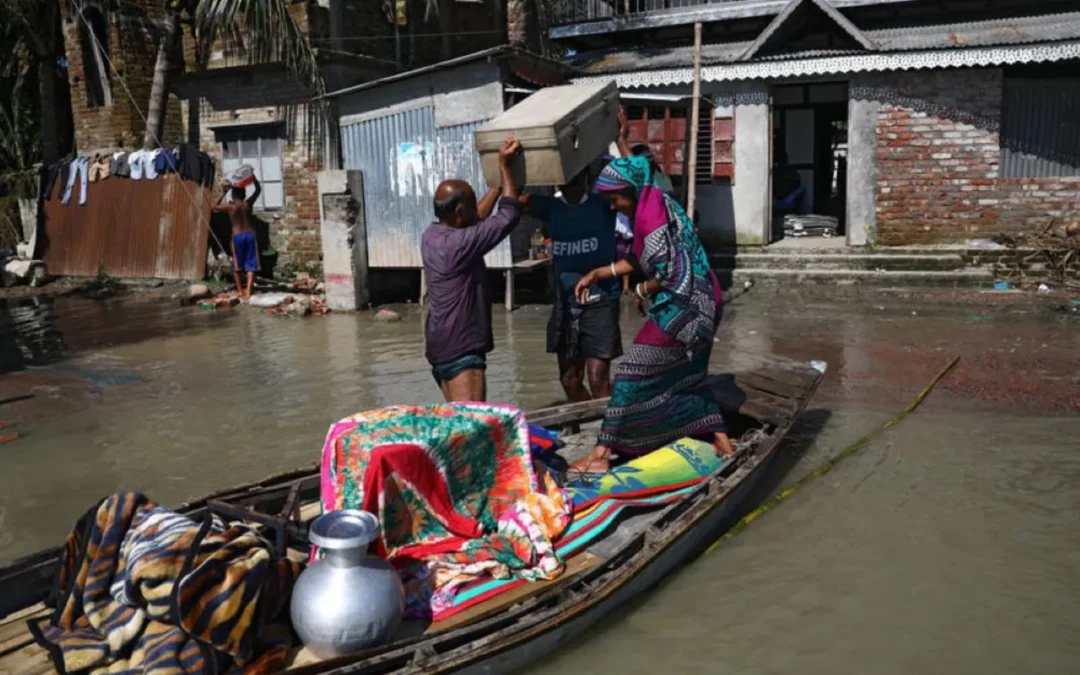
Bangladesh is a global pioneer in preparing for climate migrants
Climate change may be a global phenomenon, but its impacts are felt locally. So it follows that solutions to this global crisis also have to be local.

Why understanding limits is the key to humanity’s future
Why have many people become obsessed with either denying or overcoming limits, to the point where they appear to feel that life can have meaning only if it’s tied to some limitless thing, quality, or substance?

The best way to deal with shocks is by combining diverse responses
Humankind’s best chance to deal with looming turbulences and crises is by diversifying response strategies
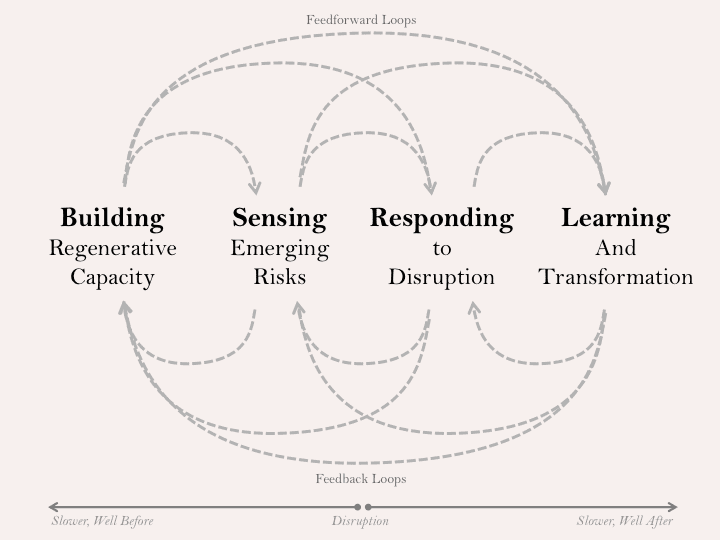
The verbs of resilience
The clusters are focused on building regenerative capacity, sensing emerging risks, responding to disruption, and learning and transformation.
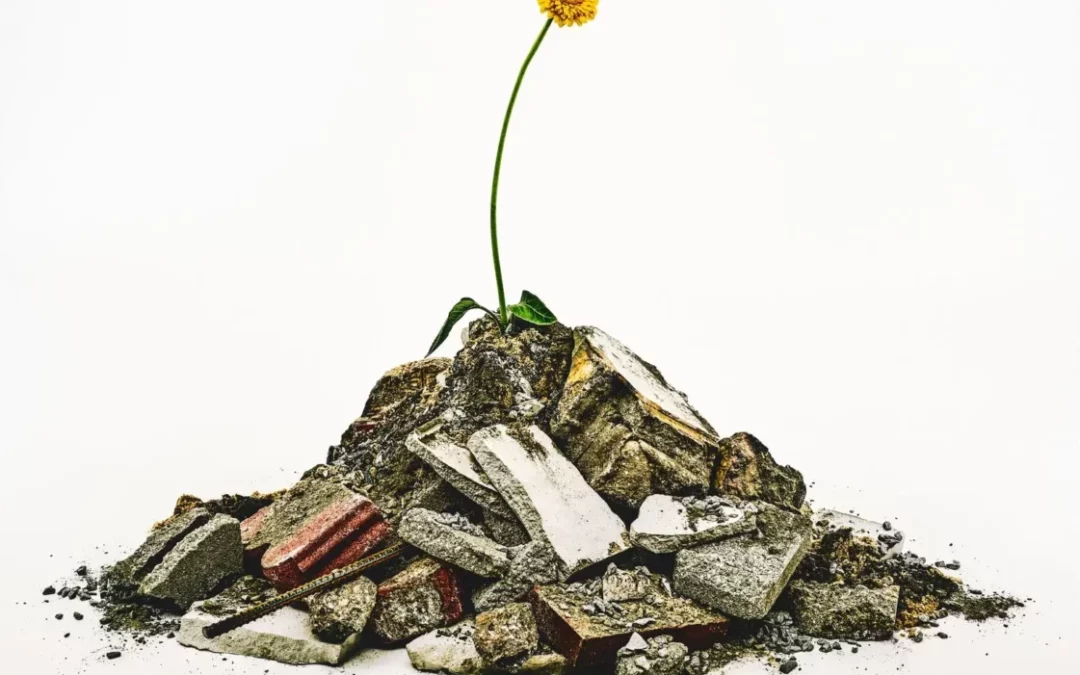
In an age of constant disaster, what does it mean to rebuild?
Each catastrophe is a test of what kind of society we’ve built. And each recovery offers a chance, however fleeting, to build another.
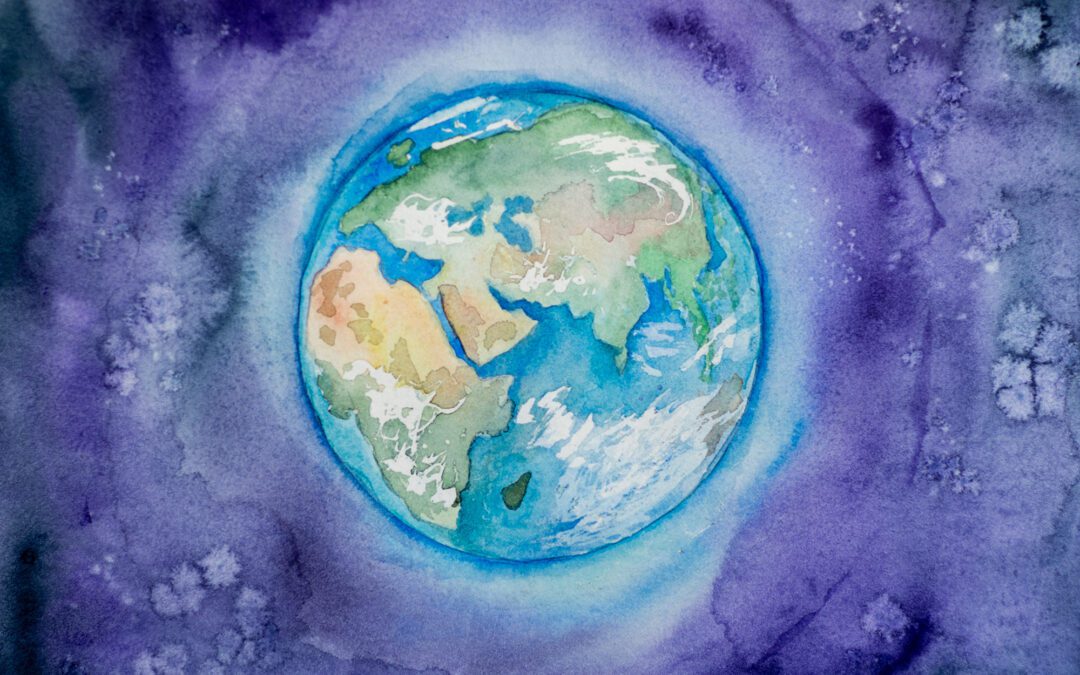
Omega Resilience Awards + HOMEF are now seeking polycrisis fellows in Africa
HOMEF, the Omega Resilience Awards (ORA) partner in Africa, has just launched their search for African fellows working to address the global polycrisis.

Resilience for compounding & cascading events
There was a time not long ago when disasters would strike one at
a time, and communities would have time to recover and rebuild.
Today, however, there is a new normal regarding disasters, one in
which most do not occur as isolated events and instead seem to pile
on one another, often unleashing new devastation on a community
before it has had a chance to recover from the prior disaster.
Power: Limits and prospects for human survival
In this Omega conversation, Omega founder Michael Lerner is in conversation with Richard Heinberg from the Post Carbon Institute.

Kevin Kelly: The case for optimism
Words on optimism from Kevin Kelly, the founder of Wired Magazine and author of several books, among them The Inevitable.

